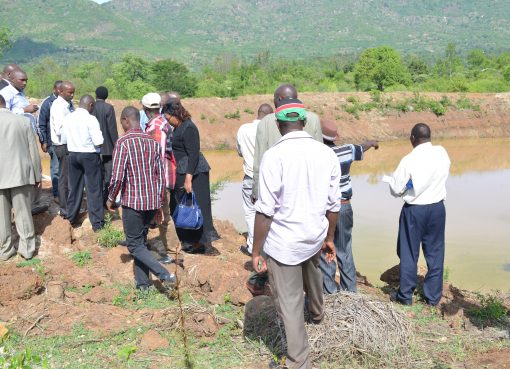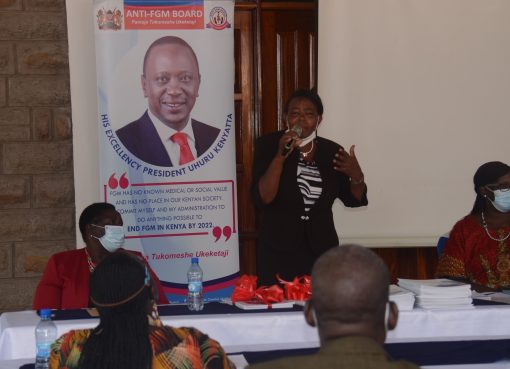As the world grapples with the adverse effects of climate change and greenhouse emissions, there is an urgent need to come up with environmentally friendly methods to reduce these adverse effects.
Farmers and environmentalists advocate for Black Soldier Fly larvae technology, which uses natural fly reproduction for decomposition, reducing greenhouse emissions compared to traditional methods.
Kenya News Agency, (KNA) visited JOHIJA farm Mathioya constituency, Murang’a county where a group of youths have turned to this technology which is not only mitigating climate change but also providing an income stream for them
Furthermore, Black Soldier Fly Larvae is being used as a sustainable alternative to traditional poultry and pig feed, addressing both economic and environmental sustainability.
“By recycling organic waste from households, this initiative reduces chemical emissions that would otherwise result from waste decomposition in landfills, making agriculture more resilient to climate impacts,” observes Herman Kimondo, the manager Johija Farm
“The waste that is produced immensely daily in homes is turned into useful protein rich feed products subsequently solving two major problems in agriculture, managing waste thus mitigating the adverse effects of climate change and cutting cost of animal feeds,” he adds
Moreover, The BSF farming process starts from the egg stage which takes 4-5 days in a protected area or a greenhouse setup near organic waste as the female flies lay clusters of tiny cream-colored 500-900 eggs.
Additionally, Kimondo explains that the larval stage, which takes 13-18 days, involves larvae consuming large amounts of organic waste and accumulating proteins and fats. Thus, at this stage, 70 percent of protein-rich larvae are harvested and mixed with feeds for pigs and poultry.
The remaining 30 percent of the larvae population transforms into pupae preparing for adulthood. “It takes 7 -14 days and no feeding occurs during this transformation,” he adds.
In the final stage the black soldier fly life cycle heads to the adult stage which takes 5-8 days, during which adult flies emerge to mate and lay eggs solely focusing on reproduction; hence, at this stage they do not require feeding.
Moreover, The BSF farming has provided Kimondo with an extra income stream as he sells mature larvae at Sh300 per kilo, the neonates at Sh500 per kilo and the pupae starter pack at Sh1500 per kilo to farmers.
BSF larvae farming has opened up new employment opportunities for the youths, who by engaging in this sustainable practice are not only generating additional income but also gaining valuable skills in agriculture.
This practice not only empowers the youth but also fosters a culture of sustainability and environmental stewardship among communities.
By Florence Kinyua





